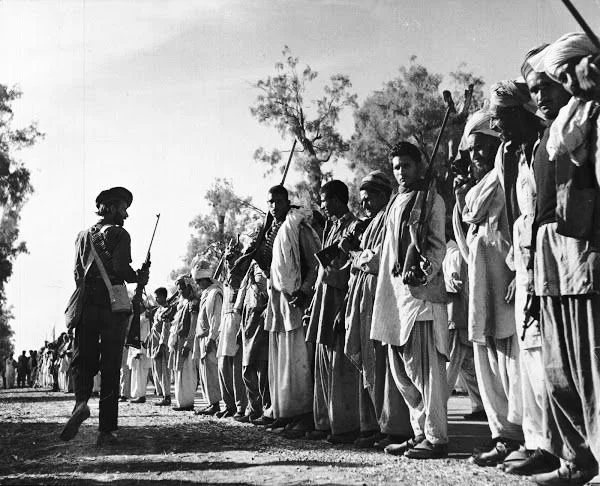On July 19, 1947, a critical meeting was held by the leaders representing the Muslim majority of Jammu and Kashmir, during which they expressed their intent regarding the region’s future amid the looming partition of British India.
The assembly was led by prominent members of the Muslim Conference. It resulted in a formal declaration favouring Jammu and Kashmir’s accession to Pakistan.
Read more: Pakistan Offers 1,600 Scholarships to Kashmiri Students
The decision was influenced by several factors, including geographic proximity to Pakistan, the religious composition of the population, and the shared cultural and economic interests.
At that time, princely states like Jammu and Kashmir had the option to decide their political alignment – opting for independence or accession to either India or Pakatan.
Despite the clear expression of preference by the Muslim leadership and a large portion of the population, the ruling monarch chose to delay committing to either side.
Initially the Hindu Raja strived to maintain autonomy. However, under increasing pressure and unfolding regional conflict, the ruler signed an agreement to accede to India by October 1947.
This triggered a military involvement and escalating tensions that go on till this day.
July 19 has since become a symbolically important date within Kashmir; particularly among communities and groups advocating for accession to Pakistan or greater autonomy from Indian military occupation.
Read more: Schools in Azad Kashmir Turn into First Aid Training Camps Amid Rising Tensions
The July 19 date reflects Kashmir and its complex political history during one of the bloodiest partitions in the world. It remains central to the ongoing Kashmiris’ struggle for independence and their aspirations.









